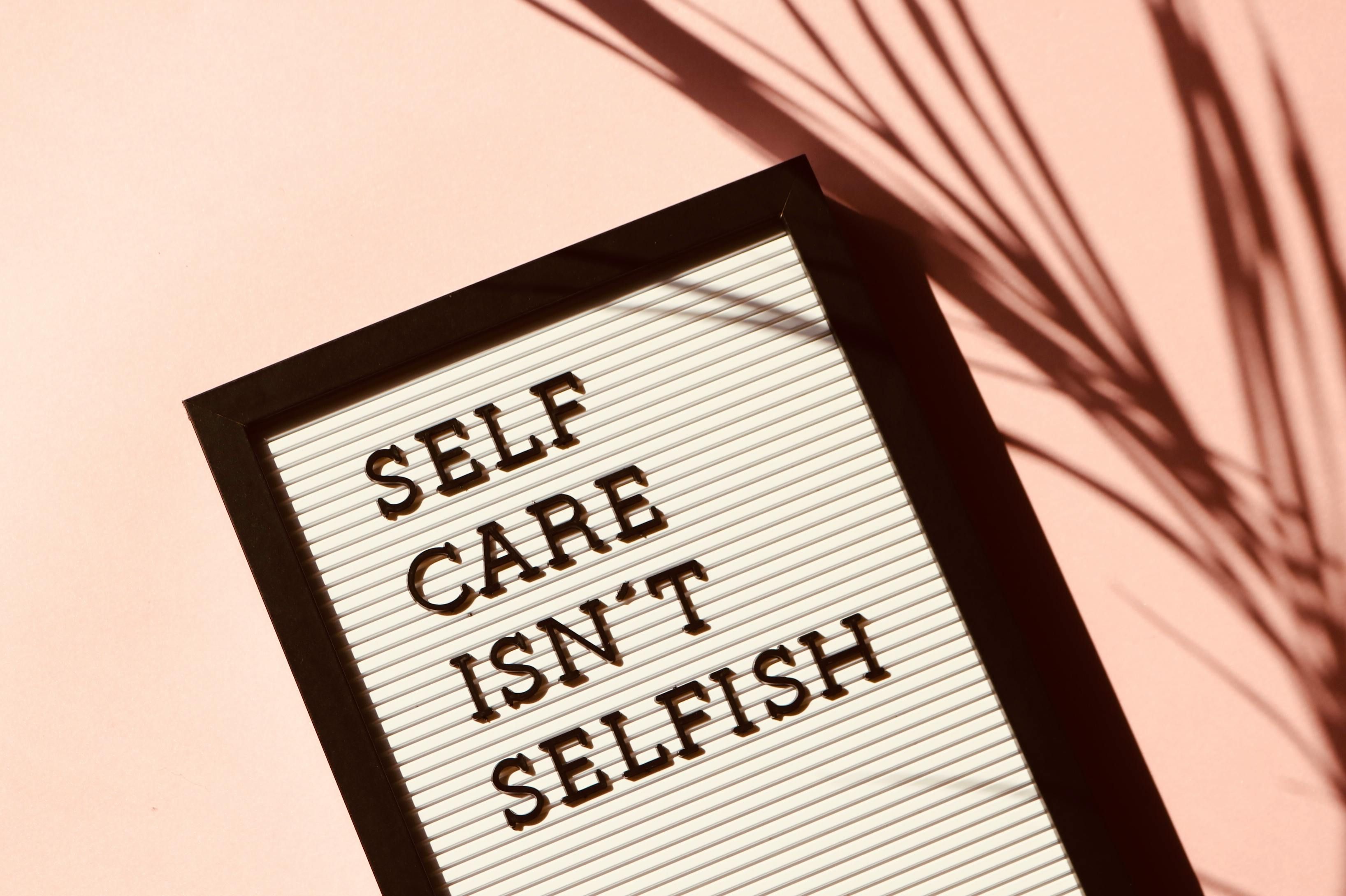
How Sound Therapy Can Help Women Lose Weight
When it comes to weight loss, there’s no shortage of methods, from trendy diets to intense workouts. But here’s a new player on the wellness stage: so...

In the intricate journey of weight loss, particularly among women, the landscape is marked by an array of biological, psychological, and sociocultural hurdles. While diet plans and exercise routines are often at the forefront of weight management strategies, the profound impact of counseling remains an underexplored territory.
This article delves deeper, illustrating how counseling significantly enriches the weight loss journey for women by addressing its psychological, emotional, and behavioral aspects.
Women’s weight management is uniquely complex, shaped by hormonal fluctuations, societal pressures, and life stages such as pregnancy and menopause. Hormonal changes, for instance, can significantly affect metabolism and body composition. The American Psychological Association highlights that these biological differences, coupled with societal beauty standards, contribute to heightened body dissatisfaction among women compared to men.
The psychological dimension is equally critical. According to the National Eating Disorders Association, eating disorders — which have a profound psychological component — disproportionately affect women. In the United States alone, about 20 million women will experience an eating disorder at some point in their lives. These statistics underscore the need for a weight management approach that addresses mental and emotional well-being alongside physical health.

Counseling offers a confidential space for women to navigate their emotions around weight and self-image. Emotional eating, where food becomes a salve for stress or sadness, is a common challenge. A study in the Journal of Eating Disorders found that emotional eating is significantly associated with weight gain in women, making emotional support a critical component of weight management.
Cognitive Behavioral Therapy (CBT) is a cornerstone of behavioral change in weight management. CBT helps identify and rectify negative thought patterns leading to unhealthy eating behaviors. A meta-analysis published in the European Journal Of Clinical Nutrition concluded that CBT significantly improves weight loss outcomes by fostering a healthier relationship with food and exercise.
The regularity of counseling sessions fosters a sense of accountability and motivation essential for long-term success. A study in the International Journal of Behavioral Nutrition and Physical Activity found that consistent counseling improved weight loss outcomes, suggesting the importance of sustained psychological support.

Combining counseling with dietary and exercise guidance offers a holistic approach to weight loss. Experts, including dietitians and fitness coaches, increasingly advocate for this integrated strategy. Research published in the BMJ supports the efficacy of a multidisciplinary approach, showing that participants in such programs have higher success rates in long-term weight management.
Selecting a counselor with expertise in eating disorders or weight management is critical. The American Counseling Association recommends verifying a counselor’s credentials and seeking someone with a track record of success in similar cases. Inquiring about their approach and strategies for overcoming challenges can guide the selection process.
Beyond individual counseling, support groups and self-help strategies offer additional layers of support. The sense of community and shared experience can be incredibly empowering. Platforms like the National Eating Disorders Association provide resources and support group listings that can complement individual counseling efforts.
Tackling the psychological and emotional components of weight loss is as vital as addressing the physical aspects. Counseling provides a comprehensive strategy that can profoundly enhance the weight loss journey for women, tackling the root causes of unhealthy behaviors and fostering lasting change. This holistic approach, underscored by empirical evidence and personal success stories, underscores counseling’s essential role in achieving sustainable health and well-being.
A: Yes, talking to a counselor can make a big difference in your weight loss journey. It helps you deal with emotional eating, build a healthier body image, and find better ways to cope with stress and emotions, which can all contribute to more effective weight loss.
A: Women face unique challenges like hormonal changes, societal expectations about appearance, and life events such as pregnancy and menopause. These can affect your weight and how you feel about your body. Counseling can help you navigate these challenges by providing support and practical strategies.
A: Yes, counseling complements your diet and exercise plan by addressing the emotional and psychological aspects of eating and weight loss. It doesn’t replace the need for a healthy diet and regular exercise but can make these efforts more effective and sustainable.
A: Definitely. Research, including studies on Cognitive Behavioral Therapy (CBT), shows that counseling can significantly improve your ability to lose weight by helping you change your eating behaviors and relationship with food. It can also boost your motivation and commitment to a healthier lifestyle.
A: Look for a counselor or therapist who specializes in eating behaviors, body image issues, or weight management. They should have relevant experience and credentials. Feeling comfortable with them is key, so it’s okay to ask about their approach and if they’ve helped others in similar situations.
A: Joining support groups or online communities can offer additional encouragement and understanding from people who are facing similar challenges. Also, practicing self-care strategies like mindfulness, meditation, or yoga can complement your counseling sessions by helping you manage stress and emotions more effectively.

When it comes to weight loss, there’s no shortage of methods, from trendy diets to intense workouts. But here’s a new player on the wellness stage: so...

Breathing is something we all do without thinking, but did you know that how you breathe can impact your weight loss journey? That's right! Breathwork...

Social media is everywhere, and let’s be honest—sometimes it feels like it’s controlling our lives. Whether you’re scrolling through Instagram, TikTok...

Quitting smoking isn’t easy. For many women, it’s one of the toughest battles they’ll face. But the good news is, 2024 has brought new tools and strat...

Ladies, let’s talk about something super important: smoking. We all know it’s bad, right? But did you know that smoking can have some extra nasty effe...